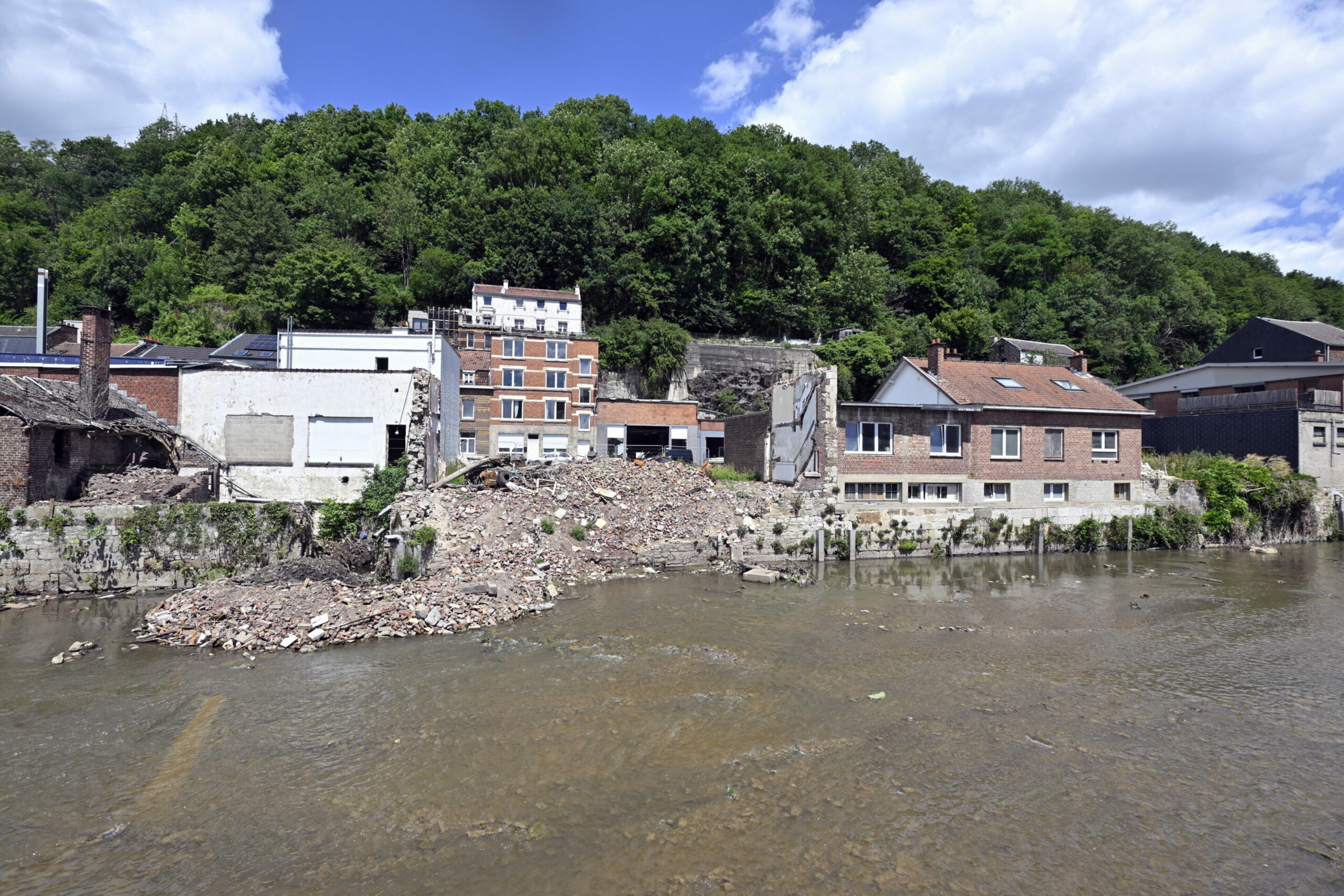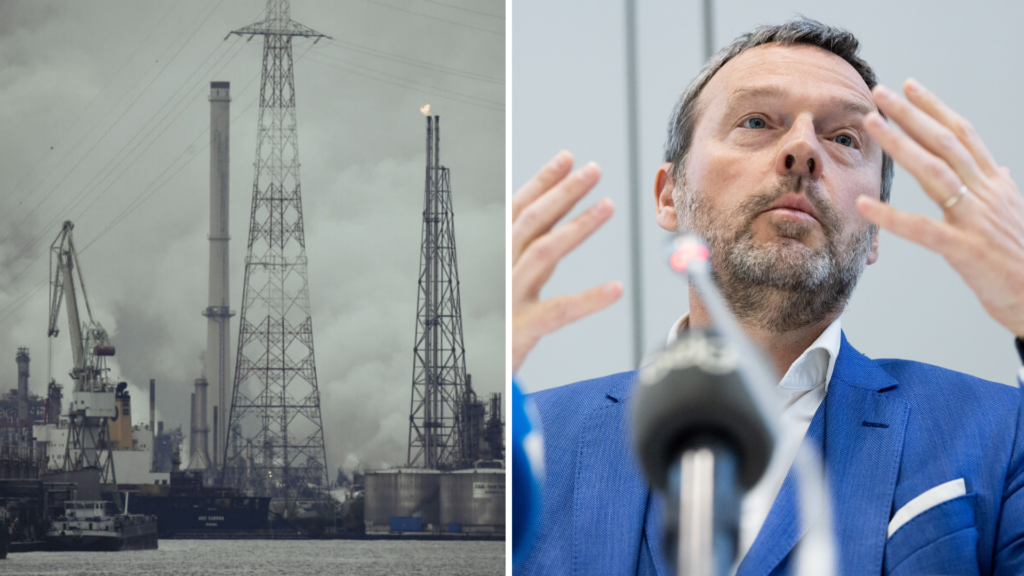Fossil fuel divestment has been put forward by climate activists and experts as a key way to reduce emissions and limit global warming. However Pierre Wunsch, the governor of the National Bank of Belgium (NBB), says halting such investment is "dumb".
To achieve the EU goal of net zero greenhouse gas emissions by 2050, replacing fossil fuels with renewable energy is key. Banks play a significant role in this as ending investment in fossil fuel production has been put forward as a key lever.
While it is difficult to ascertain to what extent greenwashing obfuscates claims, several banks in Belgium have indicated a shift towards greener financing. BNP Paribas has stated its intention to cut funding for oil production by 80% by 2030 compared to 2022; KBC has almost completely halted its finance for non-conventional oil sources or the exploration of new oil fields.
But according to Wunsch, this is a bad idea. "Stopping financing of oil is stupid. Fighting climate change does not mean we should stop investing in oil production," he told a group of journalists, De Tijd reports.
'Do your homework'
Wunsch's comment elicited an indignant response from climate expert Wim Thiery (VUB). "This is incorrect and people who make such statements should do their homework," he told The Brussels Times. "They clearly do not understand the consequences of global warming, especially above the 1.5°C mark."
Wunsch argued that limiting fossil fuel investments will reduce the supply of oil whilst demand remains high. As a result, oil prices will rise, hurting economies. Better, he argued, to wait for demand to fall before cutting supply.
It's an argument that Thiery rejects. "As long as supply remains, prices will stay low and people will not change their habits." Furthermore, Thiery critiqued the economic argument put forward by Wunsch, saying that it omits the cost of sea level rises or floods. "You have to account for these factors in cost-benefit analysis and consider in the cost of inaction, which is many times higher than taking action now."

The total cost associated with extreme heat, drought and floods, amounts to almost €9.5 billion per year, or about 2% of Belgium's GD. Credit: Belga/Eric Lalmand
For every euro invested in climate action, governments could save between €1.50 and €3.90 in climate damage. Meanwhile, every euro invested in fossil fuels contributes to further global warming and therefore, climate damage. "In both directions, this can be likened to a large boomerang that returns in one way or the other, economically."
A recent report outlining the socio-economic impact of climate change in Belgium showed that costs associated with extreme heat, drought and floods, will reach almost €9.5 billion per year – about 2% of the country's GDP.
Another study found that even in the most ambitious scenario in which investments in fossil fuels are cut massively worldwide, the global economy has a committed loss of 20% in GDP until 2050. "If economists let this information sink in, they would never make such dumb claims," Thiery said.
This argument does not take into account the many deaths caused by heatwaves, huge storms and other extreme weather phenomena. A Columbia University study estimated that each 4,434 tonnes of CO2 emitted – equivalent to the lifetime emissions of 3.5 average Americans – causes one climate death. "If you factor into this human suffering, you can never come to this conclusion."

